Understanding Mental Health: Breaking the Stigma
Hey there, young minds! Today, we’re going to talk about something really important – mental health. You might have heard this term before, but do you know what it really means? And why is it so important to understand and talk about mental health, especially at your age? Well, buckle up, because we’re about to dive in and break down the stigma surrounding mental health!
What is Mental Health?
First things first, let’s define what we mean by mental health. Just like physical health refers to the well-being of your body, mental health refers to the well-being of your mind and emotions. It’s about how you think, feel, and behave in different situations.
Everyone has mental health, just like everyone has physical health. And just like you can have good or poor physical health, you can also have good or poor mental health. When you have good mental health, you feel happy, confident, and able to cope with the ups and downs of life. But when you have poor mental health, you might feel sad, anxious, or overwhelmed a lot of the time.
Why is Mental Health Important?
Now, you might be thinking, “Why should I care about mental health? I’m just a kid!” But the truth is, mental health is important for everyone, no matter their age. Here are a few reasons why:
Mental Health Affects How You Learn
When you’re struggling with your mental health, it can be really hard to focus in school and learn new things. You might feel distracted, unmotivated, or even hopeless about your abilities. But when you have good mental health, you’re more likely to be engaged in your classes, retain information, and even enjoy the process of learning.
Mental Health Affects Your Relationships
Your mental health also plays a big role in how you interact with others. When you’re feeling good mentally, you’re more likely to be kind, patient, and understanding with your friends and family. But when you’re struggling, you might lash out, withdraw, or have trouble communicating your needs. Taking care of your mental health can help you build and maintain strong, healthy relationships.
Mental Health Affects Your Physical Health
Believe it or not, your mental health and physical health are closely connected. When you’re stressed, anxious, or depressed, it can take a toll on your body. You might have trouble sleeping, lose your appetite, or even get sick more often. On the flip side, taking care of your mental health through things like exercise, healthy eating, and stress management can actually boost your physical health too.
Breaking the Stigma
Okay, so we know that mental health is important – but why is there so much stigma around it? Stigma refers to the negative attitudes, beliefs, and behaviors that people have towards those with mental health conditions. It can make people feel ashamed, embarrassed, or even afraid to talk about their struggles.
But here’s the thing: mental health conditions are just like any other health condition. They’re not a sign of weakness, laziness, or personal failure. They’re a result of complex factors like genetics, life experiences, and brain chemistry. And just like you wouldn’t judge someone for having diabetes or asthma, we shouldn’t judge someone for having depression, anxiety, or any other mental health condition.
So how can we break the stigma surrounding mental health? Here are a few ideas:
Talk Openly and Honestly
One of the best ways to break the stigma is to talk openly and honestly about mental health. When we share our own experiences and listen to others without judgment, we create a safe space for people to be vulnerable and seek help.
If you’re struggling with your mental health, don’t be afraid to reach out to a trusted adult – whether that’s a parent, teacher, or counselor. And if you know someone who’s struggling, let them know that you’re there for them and that it’s okay to not be okay.
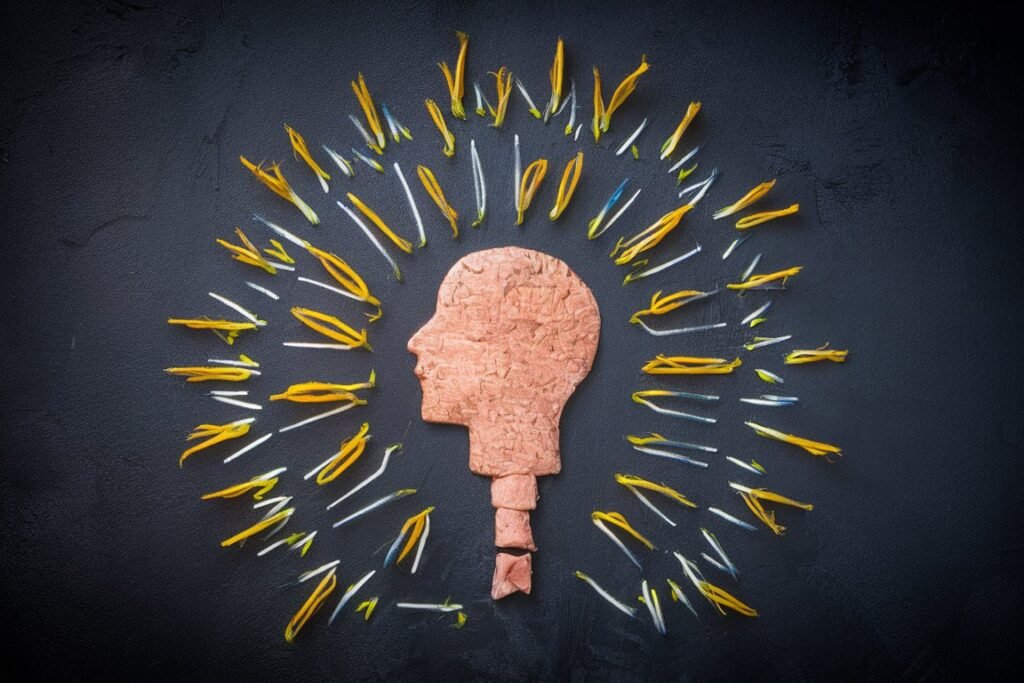
Educate Yourself and Others
Another way to break the stigma is to educate yourself and others about mental health. The more we know about different conditions, symptoms, and treatment options, the less scary and mysterious they become.
You can start by reading books, watching videos, or even taking a class on mental health. And when you hear someone say something misinformed or hurtful about mental health, don’t be afraid to speak up and set the record straight.
Practice Self-Care
Finally, one of the best things you can do for your mental health is to practice self-care. Self-care refers to the activities and practices that you do to take care of your physical, emotional, and mental well-being.
Some examples of self-care might include:
- Getting enough sleep
- Eating healthy foods
- Exercising regularly
- Spending time with loved ones
- Engaging in hobbies or creative activities
- Practicing relaxation techniques like deep breathing or meditation
By making self-care a priority, you’re sending a message to yourself and others that your mental health matters and deserves attention and care.
The Future of Mental Health
So, what does the future of mental health look like? Well, the good news is that we’re making progress in breaking down the stigma and increasing access to care. Here are a few trends and innovations to look out for:
Telehealth
One trend that’s already taking off is telehealth – the use of technology to provide mental health services remotely. With telehealth, you can connect with a therapist or counselor via video chat, phone call, or even text message.
This is especially helpful for people who live in areas with limited access to mental health services, or who have busy schedules that make it hard to attend in-person appointments. And in the wake of the COVID-19 pandemic, telehealth has become an even more important tool for maintaining mental health while social distancing.
Artificial Intelligence
Another trend to watch is the use of artificial intelligence (AI) in mental health care. AI-powered chatbots and virtual assistants can provide 24/7 support and guidance for people struggling with their mental health.
For example, there are apps that use AI to track your mood and provide personalized recommendations for self-care activities. There are also chatbots that can help you practice coping skills and challenge negative thought patterns.
While AI can’t replace human therapists, it can be a valuable tool for increasing access to care and providing support between appointments.
Integrated Care
Finally, we’re seeing a shift towards integrated care – the idea that mental health care should be integrated with physical health care and other support services.
For example, some primary care clinics are now staffing mental health professionals who can provide counseling and support alongside medical treatment. And some schools are incorporating mental health education and services into their curriculum and student support programs.
By treating mental health as an essential part of overall health and well-being, we can create a more holistic and effective approach to care.
Putting It All Together
Phew, that was a lot of information! But I hope you’re feeling more informed and empowered to take charge of your mental health. Remember, mental health is just as important as physical health, and there’s no shame in seeking help or support when you need it.
Here are a few key takeaways to remember:
- Mental health refers to the well-being of your mind and emotions, and it’s important for everyone, no matter their age.
- Mental health conditions are not a sign of weakness or personal failure – they’re a result of complex factors like genetics, life experiences, and brain chemistry.
- We can break the stigma surrounding mental health by talking openly and honestly, educating ourselves and others, and practicing self-care.
- The future of mental health looks bright, with trends like telehealth, AI, and integrated care making care more accessible and effective.
So, what can you do to support your own mental health and break the stigma? Here are a few ideas:
- Practice self-care activities like getting enough sleep, eating healthy foods, and engaging in hobbies you enjoy.
- Talk to a trusted adult if you’re struggling with your mental health – there’s no shame in asking for help.
- Educate yourself and others about mental health, and speak up when you hear misinformation or hurtful comments.
- Be kind and understanding towards others who may be struggling with their mental health.
Remember, taking care of your mental health is a lifelong journey – but it’s one that’s worth taking. By prioritizing your well-being and breaking down the stigma, you can lead a happier, healthier life and inspire others to do the same.




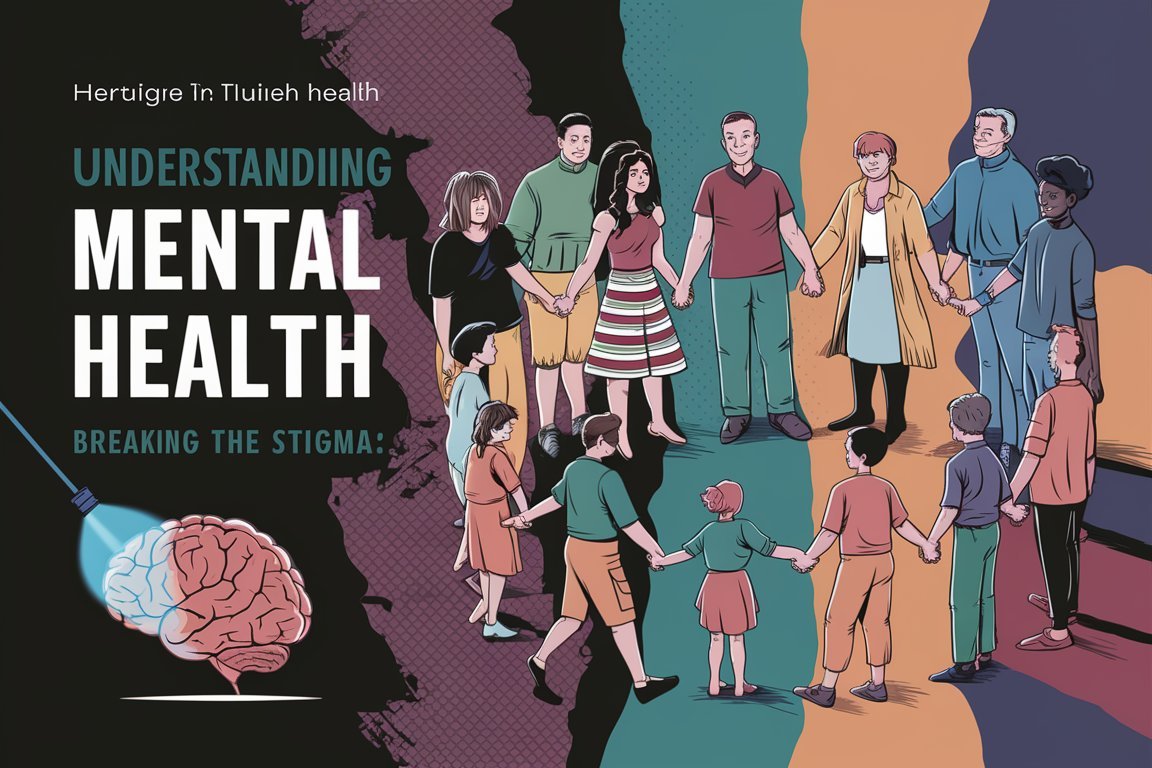




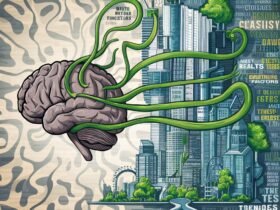
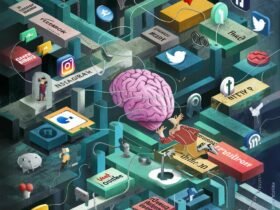
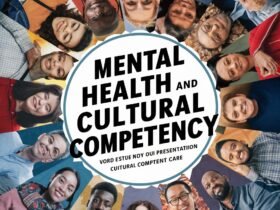

Leave a Reply